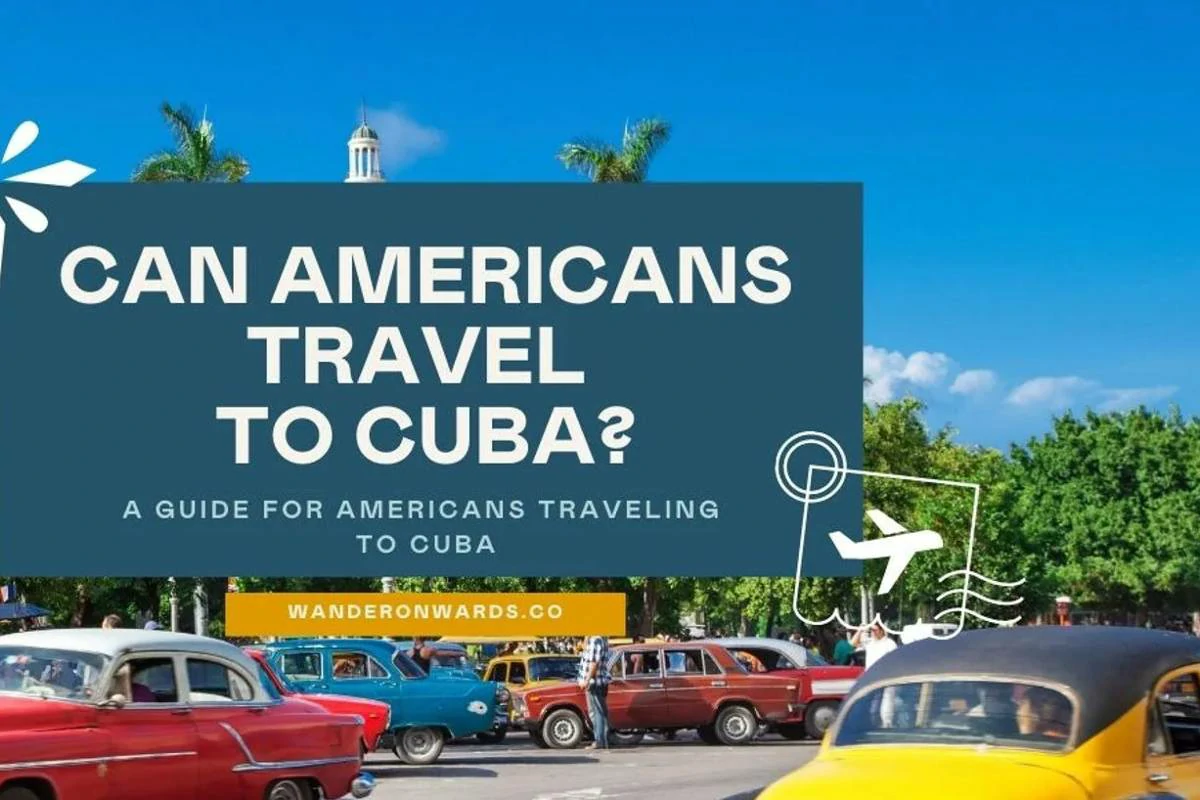Can Americans travel to Cuba? Answer is – Yes, Americans can travel to Cuba, but not for purely tourist activities. Travel is allowed under 12 specific categories authorized by the U.S. Office of Foreign Assets Control (OFAC), including family visits, educational activities, professional research, and humanitarian projects. Regardless of the reason for travel, Americans must obtain the necessary licenses and comply with U.S. and Cuban regulations.
Summary
- Americans can travel to Cuba but for specific reasons authorized by OFAC.
- Travel for purely tourist activities is not allowed.
- Obtaining the necessary licenses and complying with regulations is mandatory.
Can Americans travel to Cuba?
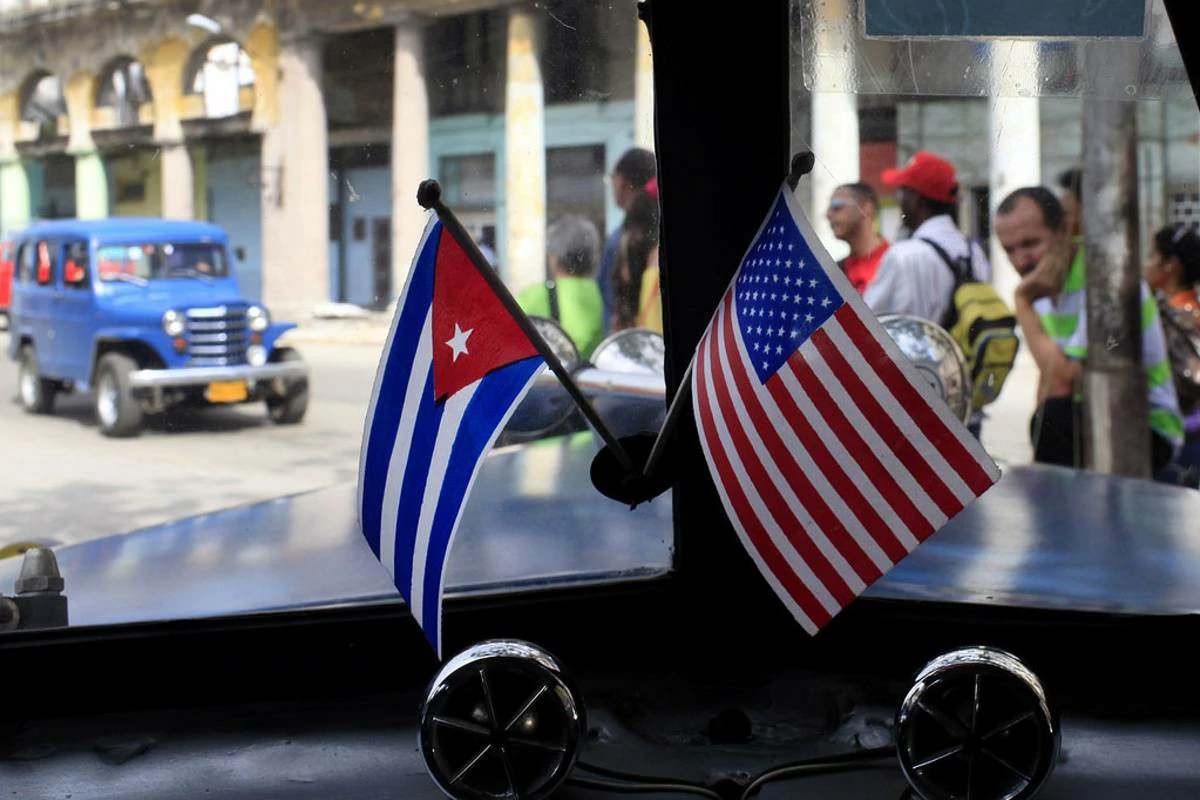
Cuba, a Caribbean island nation known for its vibrant culture, rich history, and stunning natural beauty, has long been a captivating destination for travelers.
However, due to the complex and often fluctuating relationship between the United States and Cuba, travel to this intriguing country has been subject to various restrictions and regulations for American citizens.
U.S.-Cuba Relations
The relationship between the U.S. and Cuba has been strained since the Cuban Revolution in 1959, leading to a trade embargo and travel restrictions imposed by the U.S. government.
While diplomatic ties have been restored in recent years, the embargo remains in place, affecting various aspects of travel and trade between the two countries.
The Current State of Travel Regulations
While the U.S. embargo on Cuba still stands, travel to Cuba for Americans is possible, albeit with certain limitations and requirements.
The U.S. Department of the Treasury’s Office of Foreign Assets Control (OFAC) regulates travel to Cuba and has outlined 12 categories of authorized travel.
These categories include family visits, educational activities, professional research, humanitarian projects, and support for the Cuban people.
Tourist travel, in the traditional sense of leisure and recreational activities, is still prohibited under U.S. regulations.
However, many of the authorized travel categories offer opportunities for cultural exchange, educational experiences, and meaningful interactions with the Cuban people.
John Kavulich Expert Opinion
John Kavulich, president of the U.S.-Cuba Trade and Economic Council, explains: “The key is to understand that travel to Cuba is not prohibited; it’s regulated. If you can fit your travel plans into one of the 12 authorized categories, you can legally visit Cuba.”
Legal Categories for Travel to Cuba
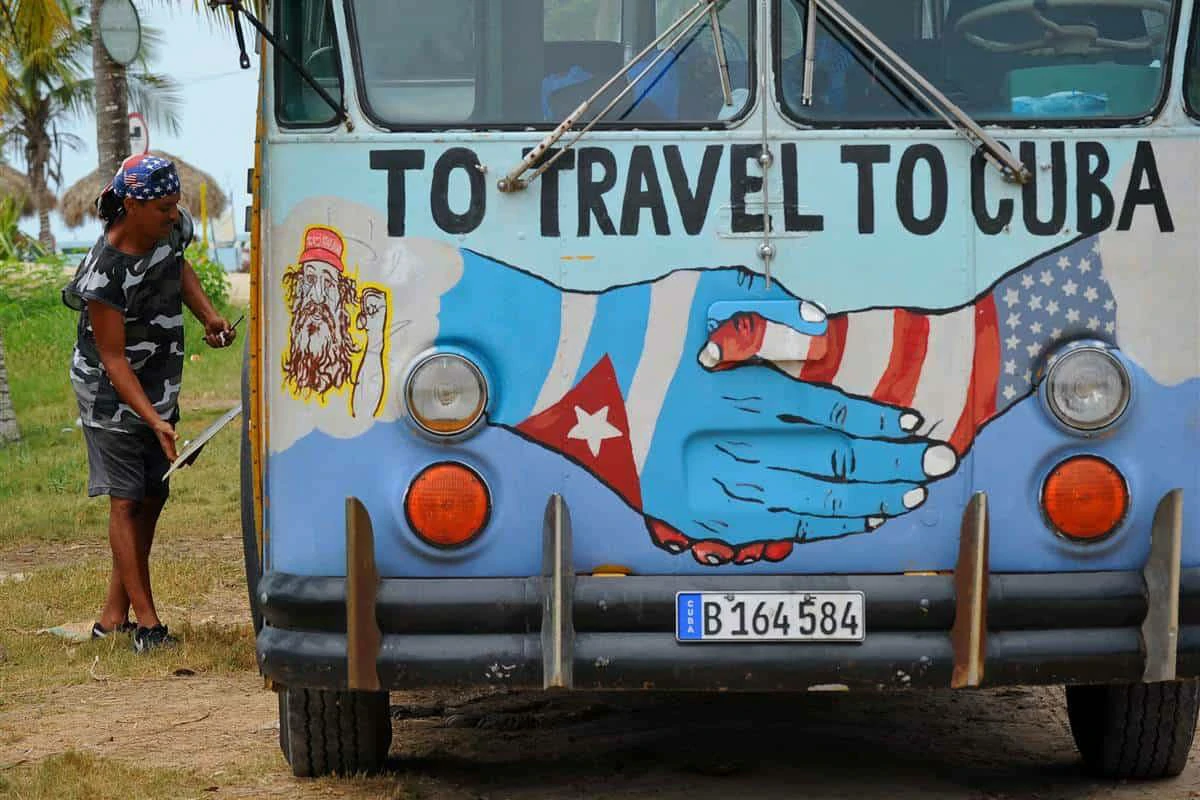
The U.S. Department of the Treasury’s Office of Foreign Assets Control (OFAC) has established 12 categories under which Americans can legally travel to Cuba. It’s crucial to understand these categories to ensure your travel plans comply with U.S. regulations.
1. Family Visits
This category allows U.S. citizens to visit close relatives in Cuba. The term “close relative” is defined as anyparent, grandparent, sibling, child, grandchild, aunt, uncle, niece, nephew, first cousin, or spouse of any of these relatives. It’s important to note that this category doesn’t extend to visiting distant relatives or friends.
To travel under the family visits category, you’ll need to provide documentation proving your relationship with the Cuban family member you plan to visit. This can include birth certificates, marriage certificates, or other official documents establishing the familial connection.
Emily Sanchez Expert Opinion
“Family visits are one of the most common reasons for Americans to travel to Cuba,” says Emily Sanchez, a travel advisor specializing in Cuba. “It’s a wonderful way to reconnect with loved ones and experience Cuban culture firsthand.”
2. Official Business of the U.S. Government
This category is reserved for individuals traveling to Cuba on behalf of the U.S. government, foreign governments, or intergovernmental organizations.
This includes government officials, diplomats, and employees of U.S. government agencies conducting official business in Cuba.
Travel under this category requires authorization from the respective government agency or organization. This typically involves obtaining a specific license from OFAC and adhering to specific protocols and procedures.
3. Professional Research and Meetings
This category allows professionals, such as journalists, researchers, and academics, to travel to Cuba for the purpose of conducting research or attending professional meetings and conferences. The research or meetings must be related to your profession and not simply a pretext for tourism.
To qualify for this category, you’ll typically need to provide documentation from your employer or institution outlining the nature and purpose of your research or professional activities in Cuba. You may also be required to obtain a specific license from OFAC.
Dr. William LeoGrande Expert Opinion
Dr. William LeoGrande, a professor of government at American University and an expert on U.S.-Cuba relations, explains, “The professional research category has been instrumental in fostering academic and cultural exchange between the U.S. and Cuba. It allows American scholars and professionals to gain valuable insights into Cuban society and contribute to a better understanding between the two countries.”
4. Educational Activities
This category encompasses a wide range of educational activities, including formal study at Cuban academic institutions, participation in educational tours or workshops, and people-to-people exchanges focused on cultural and educational themes.
To travel under this category, you must be enrolled in a full-time educational program in Cuba or participate in a structured educational program offered by a U.S. organization that has obtained a specific license from OFAC.
5. Religious Activities

This category allows individuals to participate in religious activities in Cuba, such as attending religious conferences, participating in missions or service projects, or engaging in other forms of religious worship or fellowship.
Travelers under this category are expected to engage in activities that have a primary religious focus. The religious activities should be organized under the auspices of a religious organization and comply with both U.S. and Cuban regulations.
Dr. Joel Ortega Dopico Expert Opinion
Reverend Dr. Joel Ortega Dopico, a Cuban-American theologian and professor at Loyola University Chicago, emphasizes the importance of religious travel for fostering understanding and dialogue between different faith communities: “Religious travel to Cuba provides a unique opportunity for individuals to experience the rich diversity of religious practices on the island and engage in meaningful exchanges with Cuban religious leaders and communities.”
6. Public Performances
This category is designed for artists, musicians, athletes, and other individuals participating in public performances, competitions, exhibitions, or other cultural events in Cuba. This includes both amateur and professional performers.
To travel under this category, you’ll need to provide documentation proving your participation in the public performance or event. This can include contracts, invitations, or other official documents confirming your role in the event.
7. Support for the Cuban People
This category empowers American travelers to engage directly with the Cuban people and support the island’s growing private sector.
It allows activities that enhance contact with Cuban individuals, support civil society in Cuba, or promote the Cuban people’s independence from Cuban authorities.
Activities allowed under this category include
- Staying in private accommodations like casas particulares (private homestays)
- Dining in privately owned restaurants (paladares)
- Purchasing goods and services from private businesses
- Engaging in conversations and cultural exchange with Cuban entrepreneurs and artists
Dr. Ted Henken Expert Opinion
“The ‘Support for the Cuban People’ category is a powerful tool for empowering the Cuban people and fostering economic development outside of state-controlled entities,” explains Dr. Ted Henken, a sociologist and author of Entrepreneurial Cuba: The Changing Policy Landscape.
8. Humanitarian Projects
This category facilitates travel for individuals involved in humanitarian projects aimed at providing assistance to the Cuban people.
These projects can include medical missions, disaster relief efforts, or other initiatives that directly benefit the well-being of Cuban citizens.
Activities allowed under this category include
- Delivering medical supplies or providing medical care
- Participating in construction or renovation projects for community facilities
- Distributing food or other essential goods to those in need
- Providing educational or vocational training
9. Activities of Private Foundations or Research or Educational Institutes
This category allows individuals representing private foundations or research or educational institutes to engage in activities related to their organization’s mission in Cuba.
These activities may include conducting research, providing educational programming, or supporting local initiatives.
To travel under this category, you must be an employee or representative of a qualifying organization and provide documentation demonstrating the purpose of your trip and its alignment with the organization’s mission.
Dr. Sergio Díaz-Briquets Expert Opinion
“Private foundations and research/educational institutes play a vital role in fostering cultural exchange and promoting collaboration between the U.S. and Cuba,” says Dr. Sergio Díaz-Briquets, a Cuban-American economist and senior researcher at the Center for Demographic Studies at the University of Havana. “This category allows these organizations to contribute to Cuba’s development and strengthen ties between the two countries.”
10. Exportation, Importation, or Transmission of Information or Information Materials
This category is designed for individuals involved in the exchange of information or informational materials between the U.S. and Cuba.
This can include journalists, academics, publishers, and others involved in the dissemination of information.
Activities allowed under this category include
- Gathering news and information
- Conducting interviews and research
- Publishing articles or books
- Organizing conferences or workshops
11. Authorized Export Transactions
This category covers a broad range of activities related to authorized export transactions between the U.S. and Cuba.
This includes the export of agricultural commodities, medicine, medical devices, and other goods that are exempt from the U.S. embargo.
Individuals involved in these transactions must comply with all applicable regulations and licensing requirements set forth by OFAC and other relevant agencies.
How to Obtain a License for Travel to Cuba
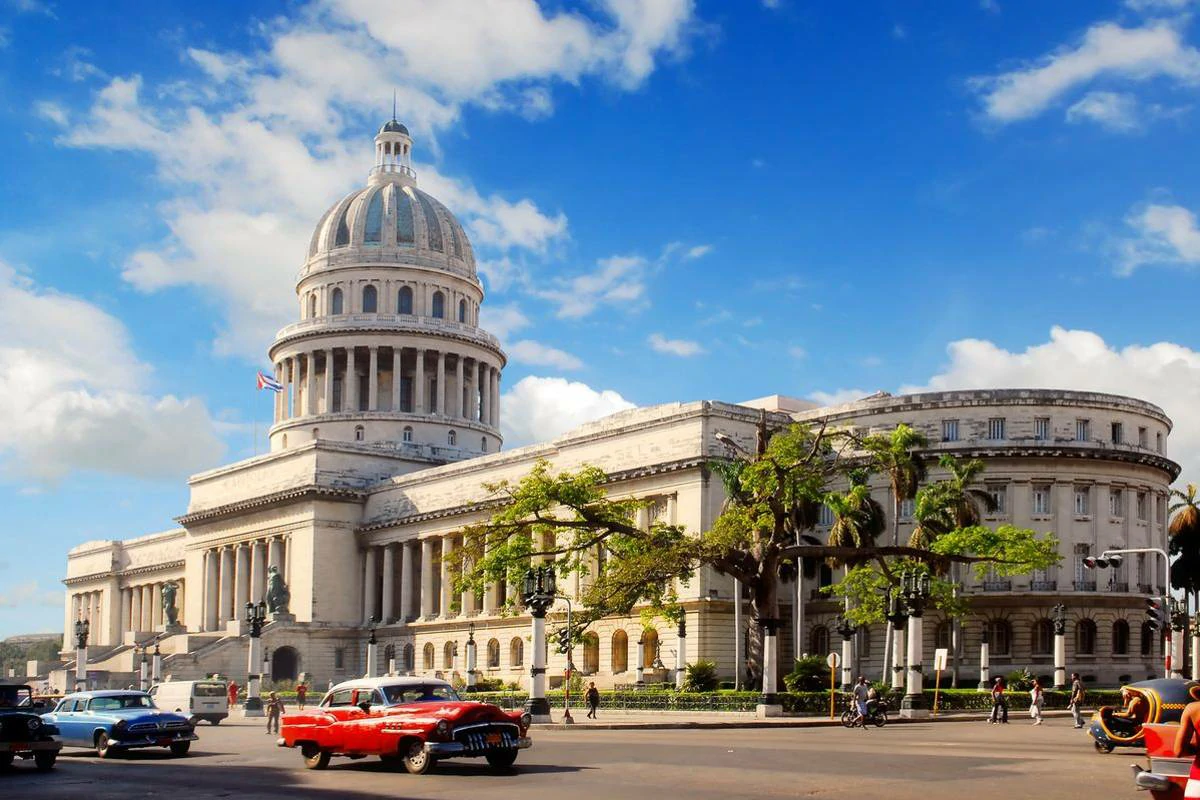
While travel to Cuba is permitted for Americans under specific categories, understanding the licensing process is crucial to ensure a smooth and legal trip. Here’s what you need to know:
1. Understanding the OFAC Licensing Process
The Office of Foreign Assets Control (OFAC) is the governing body that oversees travel to Cuba. They issue licenses for travel that falls under specific categories and ensure compliance with U.S. regulations.
There are two main types of licenses:
1. Specific Licenses: These are required for activities that don’t fall under the general license categories or for activities that require additional authorization.
2. General Licenses: These are self-qualifying licenses that cover most of the 12 categories of authorized travel. Travelers can engage in activities under a general license without obtaining explicit permission from OFAC, as long as they meet the specific criteria for that category.
Robert Muse Expert Opinion
“It’s essential to determine whether your travel plans require a specific license or if they qualify for a general license,” advises Robert Muse, a Washington D.C.-based attorney specializing in U.S.-Cuba legal issues. “This will determine the steps you need to take to comply with OFAC regulations.”
2. Applying for a Specific License
If your travel plans require a specific license, you’ll need to submit an application to OFAC through their online portal.
The application process involves providing detailed information about your travel plans, including the purpose of your trip, the activities you’ll be engaging in, and the individuals or organizations you’ll be interacting with.
3. General Licenses: What You Need to Know
Most travelers to Cuba qualify for a general license, which allows them to engage in authorized activities without obtaining explicit permission from OFAC.
To travel under a general license, you must meet the specific criteria for the relevant category and maintain records of your travel transactions for five years.
Requirements and Restrictions for American Travelers to Cuba
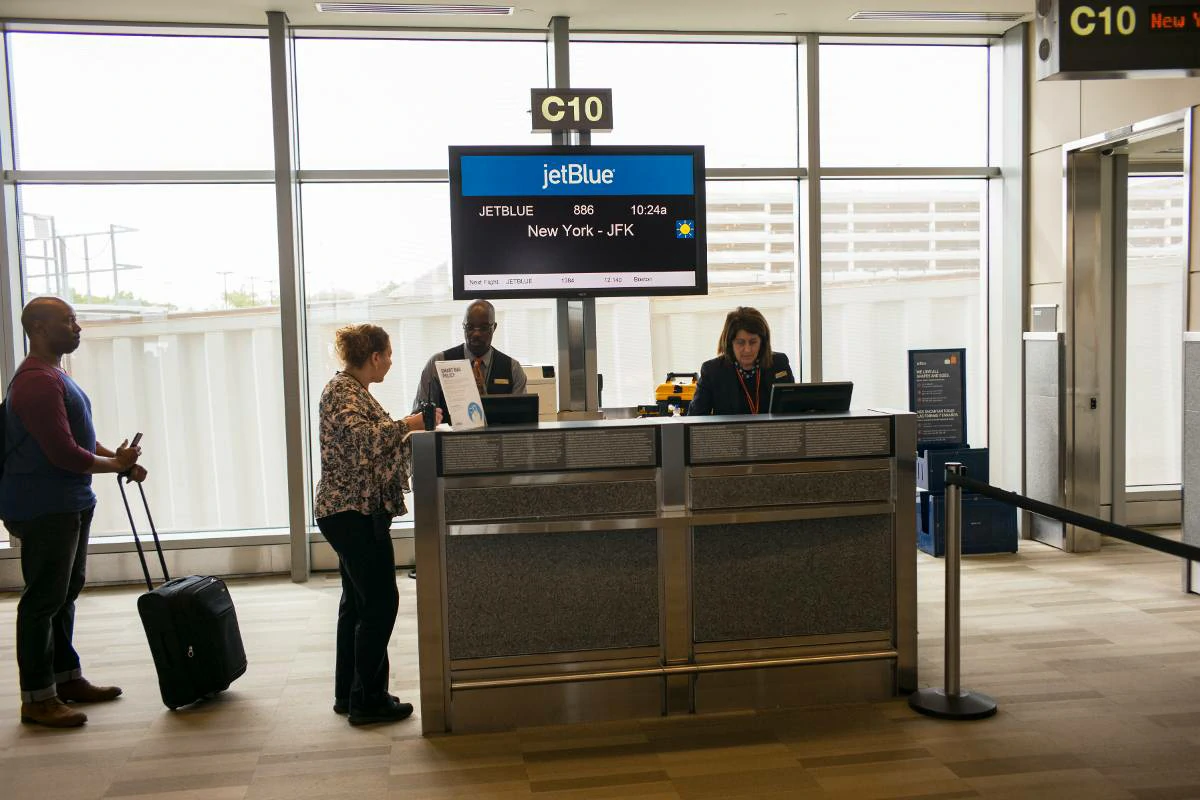
Traveling to Cuba as an American entails navigating specific requirements and restrictions to ensure a compliant and enjoyable experience. Here’s what you need to know:
1. Documentation and Visa Requirements
Passport: Your passport must be valid for at least six months beyond your intended stay in Cuba.
Visa (Tourist Card): Although often referred to as a visa, technically it’s a tourist card. This is mandatory for all U.S. travelers to Cuba, regardless of the travel category. You can usually obtain it through your airline or travel agency.
Collin Laverty Expert Opinion
“While a visa isn’t technically required, the tourist card functions similarly,” says Collin Laverty, President of Cuba Educational Travel. “It’s crucial to secure this before your departure to avoid any complications upon arrival in Cuba.”
2. Currency Exchange and Spending Limits
Cash is King: U.S. credit and debit cards are not accepted in Cuba due to the ongoing U.S. embargo. You’ll need to bring enough cash to cover your entire trip.
Currency Exchange: Exchange your U.S. dollars for Cuban Convertible Pesos (CUC) or Cuban Pesos (CUP) at official exchange bureaus (CADECA), banks, or hotels. Be sure to exchange your remaining CUC back to U.S. dollars before leaving Cuba, as they are not exchangeable outside the country.
Spending Limits: While there are no official spending limits for U.S. travelers in Cuba, it’s wise to budget carefully and track your expenses as U.S. regulations require you to keep records of all transactions for five years.
3. Prohibited Activities and Transactions
Tourism: Engaging in purely tourist activities is not permitted under U.S. regulations. Your travel must fall under one of the 12 authorized categories.
Transactions with Restricted Entities: Avoid transactions with businesses owned or controlled by the Cuban military or security services. The U.S. Department of State maintains a list of restricted entities on its website.
4. Staying in Casa Particulares
Supporting the Cuban People: Staying in casas particulares (private homestays) is not only a unique cultural experience but also a way to directly support the Cuban people. These accommodations are often more affordable and offer a glimpse into daily Cuban life.
Tips for Planning Your Trip to Cuba
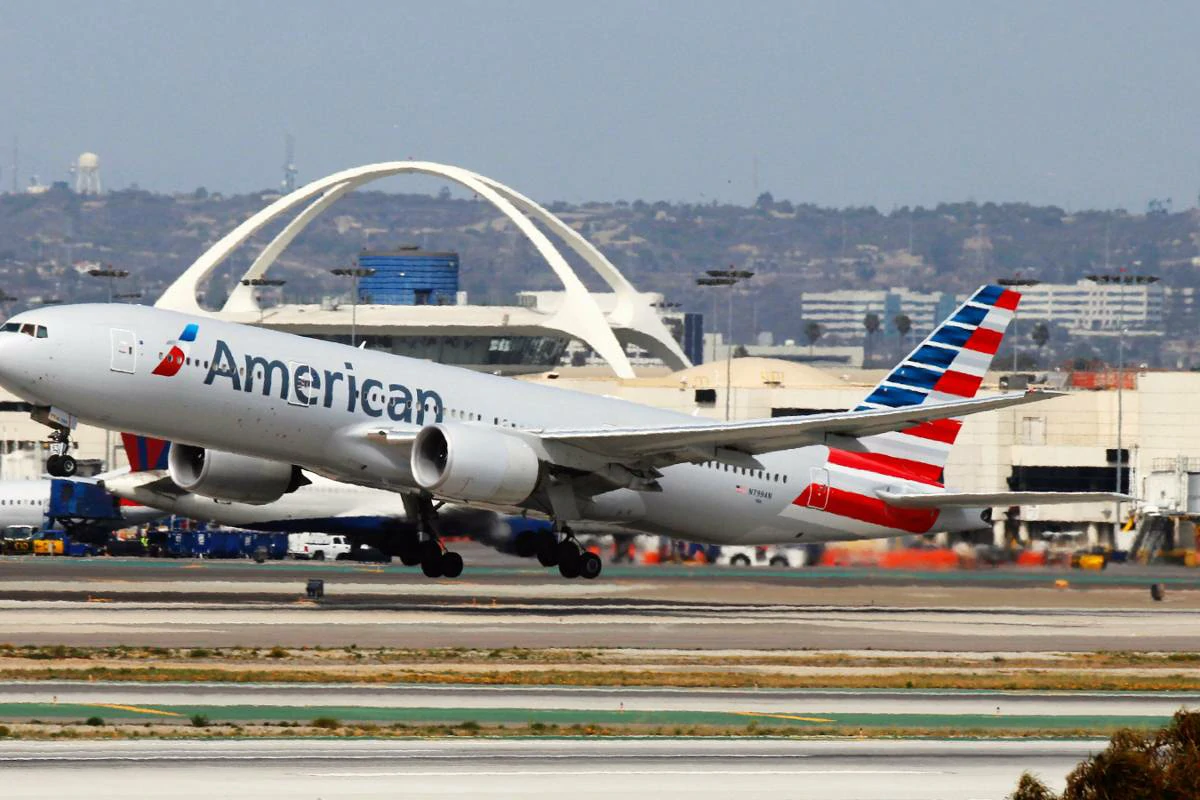
Planning a trip to Cuba requires careful consideration and preparation to ensure a smooth and legal journey. Here are some tips to help you navigate the process:
1. Choosing the Right Travel Category
The cornerstone of your trip to Cuba is selecting the appropriate travel category as authorized by the Office of Foreign Assets Control (OFAC). Each category has specific requirements and permissible activities.
Tom Popper Expert Opinion
“Take the time to thoroughly review the 12 categories and select the one that most accurately reflects the purpose of your trip,” advises Tom Popper, President of insightCuba, a leading provider of legal travel to Cuba. “This will help you avoid any misunderstandings or complications with U.S. authorities.”
- Review the 12 categories on the OFAC website.
- If unsure, consult with a travel agent specializing in Cuba or an attorney familiar with U.S. sanctions regulations.
2. Finding Authorized Travel Providers
Booking your trip through an authorized travel provider can simplify the process and ensure compliance with U.S. regulations.
These providers have the expertise and experience to guide you through the legal requirements and help you plan a fulfilling itinerary.
- Look for providers licensed by OFAC to organize travel to Cuba under specific categories.
- Read reviews and compare itineraries to find a provider that aligns with your interests and budget.
3. Booking Flights and Accommodations
Several airlines offer direct flights to Cuba from major U.S. cities. Consider booking your flights and accommodations as early as possible, especially during peak season, to secure the best rates and availability.
- Check with airlines like American Airlines, Southwest Airlines, or JetBlue for flight options to Cuba.
- For accommodations, explore options like hotels, casas particulares (private homestays), or resorts. Websites like Airbnb and Booking.com may offer listings for casas particulares.
4. Packing Essentials and Preparing for Your Journey
Pack light and bring essentials like comfortable walking shoes, sunscreen, insect repellent, and a hat. Consider packing a first-aid kit with any necessary medications as well.
Be sure to check the latest travel advisories from the U.S. Department of State for any updates on safety or security concerns.
Exploring Cuba: What to See and Do
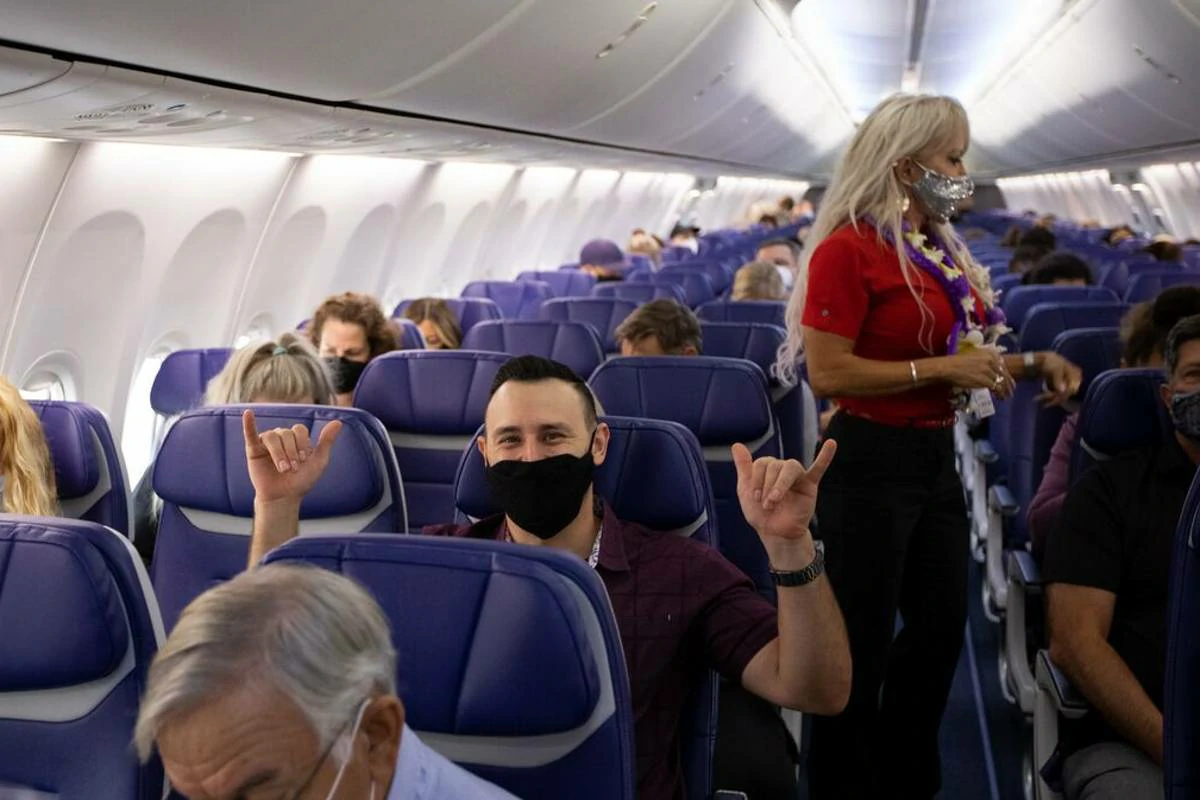
Cuba is a vibrant island nation brimming with history, culture, and natural beauty. Here’s a glimpse into the diverse experiences that await you:
1. Must-Visit Historical and Cultural Sites
Old Havana (Habana Vieja): A UNESCO World Heritage Site, Old Havana is a captivating blend of colonial architecture, vibrant plazas, and lively street life. Stroll along the cobblestone streets, admire the baroque and neoclassical buildings, and soak in the atmosphere at Plaza Vieja or Plaza de Armas. Don’t miss the iconic El Capitolio, a replica of the U.S. Capitol building.
Castillo de los Tres Reyes del Morro: This 16th-century fortress guards the entrance to Havana harbor and offers breathtaking views of the city and the sea. Explore its ramparts, tunnels, and lighthouse, and witness the ceremonial firing of the cannon at 9 pm each night.
Revolution Square (Plaza de la Revolución): This vast square is home to the José Martí Memorial and the iconic images of Che Guevara and Camilo Cienfuegos on the Ministry of the Interior building. It’s a significant site in Cuban history and a symbol of the revolution.
2. Immersive Experiences and Off-the-Beaten-Path Adventures
Viñales Valley: A UNESCO World Heritage Site, Viñales Valley is a picturesque landscape of lush tobacco fields, limestone mogotes (hills), and traditional farming communities. Explore the valley on horseback or hike through its scenic trails, and visit a tobacco farm to learn about the cigar-making process.
Trinidad: This charming colonial town is a living museum with cobblestone streets, colorful houses, and lively music scene. Explore its historic center, visit the Plaza Mayor, and take a day trip to the nearby Playa Ancón for some beach time.
Cienfuegos: Known as the “Pearl of the South,” Cienfuegos is a graceful city with French-inspired architecture and a beautiful bay. Stroll along the Malecón, visit the Tomás Terry Theater, and explore the Palacio de Valle, a stunning eclectic mansion.
3. Cuban Cuisine and Culinary Delights
Cuban cuisine is a fusion of Spanish, African, and Caribbean flavors. Indulge in local specialties like ropa vieja (shredded beef), moros y cristianos (black beans and rice), and lechón asado (roast pork).
Diana Rita Cabrera Expert Opinion
“Cuban cuisine is a reflection of the island’s diverse cultural heritage,” says Chef Diana Rita Cabrera, owner of El Laurel restaurant in Havana. “It’s a delicious and vibrant cuisine that showcases the best of Cuba’s culinary traditions.”
Don’t miss the opportunity to
- Sip on a refreshing mojito at a local bar
- Visit a paladar (privately owned restaurant) for an authentic culinary experience
- Explore local markets for fresh produce and street food
For a deeper dive into Cuban culture and cuisine, consider visiting
- The Museo Nacional de Bellas Artes (National Museum of Fine Arts) in Havana
- The Fábrica de Arte Cubano (Cuban Art Factory) in Havana
- Local music venues and dance clubs to experience the vibrant nightlife
FAQs
1. Can I use my credit card in Cuba?
U.S. credit and debit cards are not generally accepted in Cuba due to the U.S. embargo. It’s essential to bring enough cash to cover your entire trip.
2. Do I need to speak Spanish to travel to Cuba?
While Spanish is the official language in Cuba, English is spoken in many tourist areas. However, learning a few basic Spanish phrases can enhance your experience and help you connect with locals.
3. Is it safe to travel to Cuba as an American?
Cuba is generally considered a safe destination for travelers, including Americans. However, it’s always wise to exercise caution, be aware of your surroundings, and follow any travel advisories issued by the U.S. Department of State.
4. Can I bring back Cuban cigars and rum to the U.S.?
As of 2023, U.S. travelers can bring back unlimited amounts of Cuban cigars and rum for personal use, as long as they were purchased legally in Cuba and comply with U.S. customs regulations.
5. How can I support the Cuban people during my trip?
Stay in casas particulares, dine at paladares (privately owned restaurants), purchase goods and services from local businesses, and engage in conversations and cultural exchange with Cuban entrepreneurs and artists.
The Bottom Line
Traveling to Cuba as an American is possible and rewarding, albeit with specific regulations and considerations.
By understanding the authorized travel categories, obtaining the necessary licenses if required, and adhering to U.S. and Cuban regulations, you can embark on a memorable journey to this captivating island nation.
Key Takeaways
- Legal Travel: Travel to Cuba is legal for Americans under 12 specific categories authorized by OFAC.
- Licenses: Most travelers qualify for a general license, but specific licenses may be required for certain activities.
- Support the Cuban People: Engage with local businesses and individuals to directly support the Cuban economy.
- Plan Ahead: Research, prepare, and book your travel arrangements in advance to ensure a smooth trip.
- Respect the Culture: Embrace the unique culture and history of Cuba, and interact respectfully with the Cuban people.
